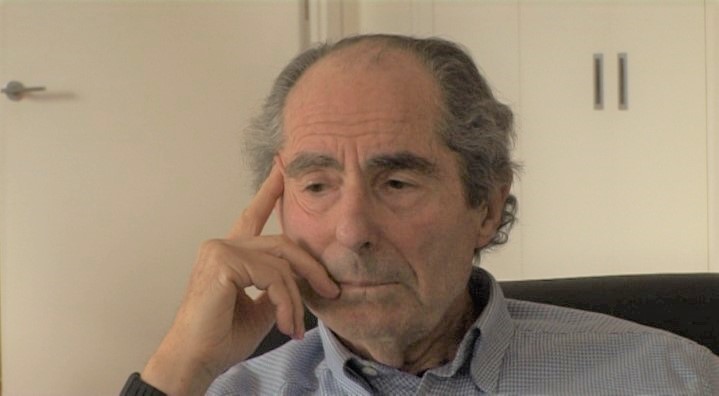NEXT STORY

Sex: both serious and ridiculous
RELATED STORIES

NEXT STORY

Sex: both serious and ridiculous
RELATED STORIES


|
Views | Duration | |
|---|---|---|---|
| 121. Assessing the power of sex words | 408 | 01:48 | |
| 122. Sex: how to handle this dynamite | 1 | 376 | 01:58 |
| 123. Writing about sex in American Pastoral | 417 | 02:18 | |
| 124. Being bold about sex | 406 | 03:16 | |
| 125. Sex: both serious and ridiculous | 352 | 03:12 | |
| 126. 'In the destructive element, immerse yourself' | 1 | 465 | 03:43 |
| 127. Creating a cast of characters | 360 | 02:59 | |
| 128. The writer's passion for thoroughness | 389 | 01:57 | |
| 129. Proust made no impact on me | 1 | 856 | 00:47 |
| 130. Patrimony: a true story | 369 | 02:45 |


Well, I wasn't bold, to use your word, when I started out. I... I was trying to think when did I begin to let sex into the books? And in many ways, it was by my fourth book, that was Portnoy's Complaint. Prior to that, I... I tiptoed around... around it. I... it just didn't come to mind with what I was writing. But with Portnoy's Complaint I took a big leap into the... what [Joseph] Conrad called the destructive element; 'In the destructive element, immerse yourself', he said. And I did it... I did it in Portnoy's Complaint with... I jumped in all the way. The words, the acts, the forbidden words, the forbidden acts. I was emboldened by what? I don't know what the hell I was emboldened by. I was in my 30s. I was emboldened because I was in my 30s. That's... that's probably true. I was emboldened because of the tumult and turbulence of the Vietnam war years had taken on me. I was emboldened because I had a good idea. The idea of the psychoanalytic session being the backbone of the story.
And... and then after that I was further emboldened and I wrote this book called The Breast, about a man who turns into a breast. Don't ask me where I got that idea from. I have no idea. I... I just thought simply, what if a man turned into a breast? And everything else followed from that. I had to invent what it would be like if a man turned into a breast.
I don't know after The Breast what book had sex in it. I... I guess the first of the Kepesh books, The Professor of Desire, did. And that was deliberately... it's there in the title, it was about desire. What happens... what does desire make one do? What does the absence of desire, or the loss of desire make one do? That's what the book is about, in part, which is this... this young man loses the desire for this woman he loves. It's a hell of a pickle. It happens all the time. I didn't make... I didn't make these things up.
The fame of the American writer Philip Roth (1933-2018) rested on the frank explorations of Jewish-American life he portrayed in his novels. There is a strong autobiographical element in much of what he wrote, alongside social commentary and political satire. Despite often polarising critics with his frequently explicit accounts of his male protagonists' sexual doings, Roth received a great many prestigious literary awards which include a Pulitzer Prize for fiction in 1997, and the 4th Man Booker International Prize in 2011.
Title: Being bold about sex
Listeners: Christopher Sykes
Christopher Sykes is an independent documentary producer who has made a number of films about science and scientists for BBC TV, Channel Four, and PBS.
Tags: Portnoy's Complaint, The Breast, The Professor of Desire, Joseph Conrad
Duration: 3 minutes, 16 seconds
Date story recorded: March 2011
Date story went live: 18 March 2013